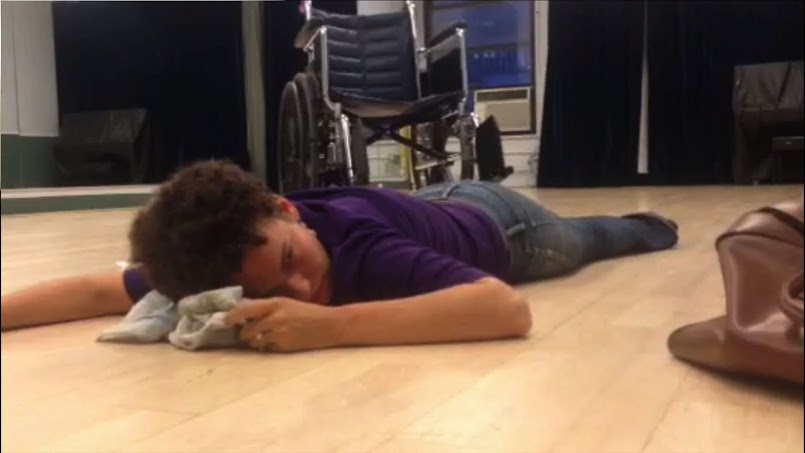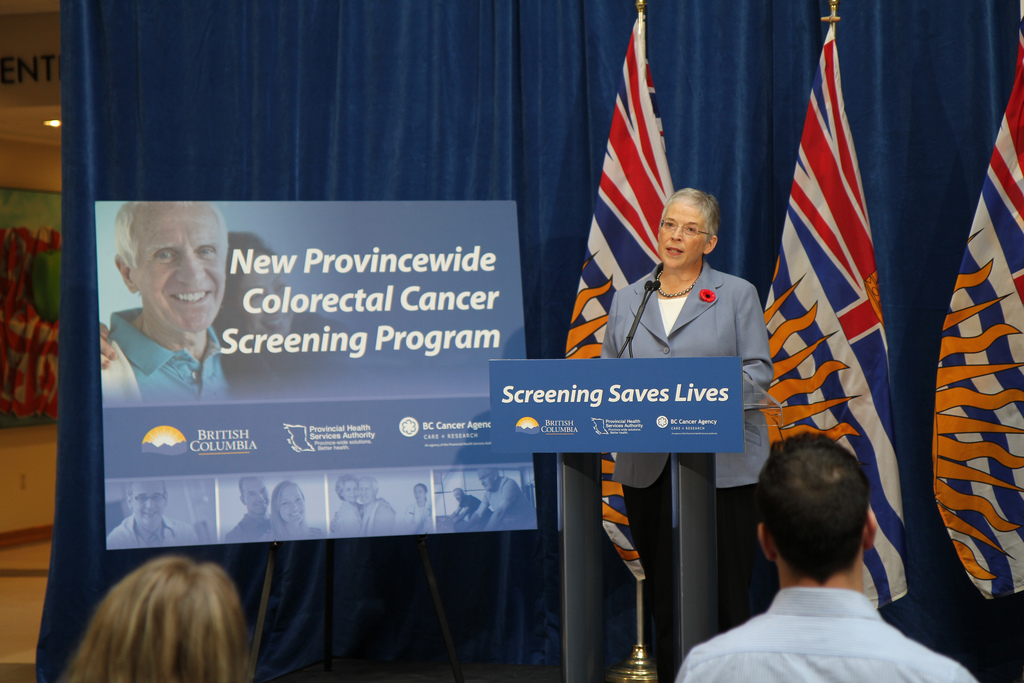Eight years ago, collapsed on a neurologist’s examining table, I asked a naive question that turned out to be at the center of a controversy continuing to this day. I had just received a diagnosis for the illness that had been gradually overtaking me for the previous six years, and I asked, “So what is chronic fatigue syndrome?”
A week earlier, I’d woken up suddenly barely able to walk. “Fatigue” hardly described what I felt: “Paralysis” was more like it. My legs seemed to have been amputated and replaced with tubes of liquid concrete, and just shifting them on the table made me grunt like an Olympic weightlifter. Not only that, my very bones hurt. Most disturbingly, my brain felt like a swollen mass. Speaking required tracking down and spearing each word individually as it scampered away from me. I felt as capable of writing an article about science – my job – as of slaughtering a rhino with my teeth.
My neurologist’s face was blank as he pronounced, “We don’t understand it very well.” He could recommend no tests, no treatments, no other doctors. I came to understand that for him, “chronic fatigue syndrome” meant “I can’t help you.” Continue reading






 Spring is in the air, and with it comes the cha-ching of candy-bar sales. Of jogathons. Of hordes of students (and their parents) trying to raise money for books, for field trips, for the art program that’s on the chopping block, for scholarships.
Spring is in the air, and with it comes the cha-ching of candy-bar sales. Of jogathons. Of hordes of students (and their parents) trying to raise money for books, for field trips, for the art program that’s on the chopping block, for scholarships.